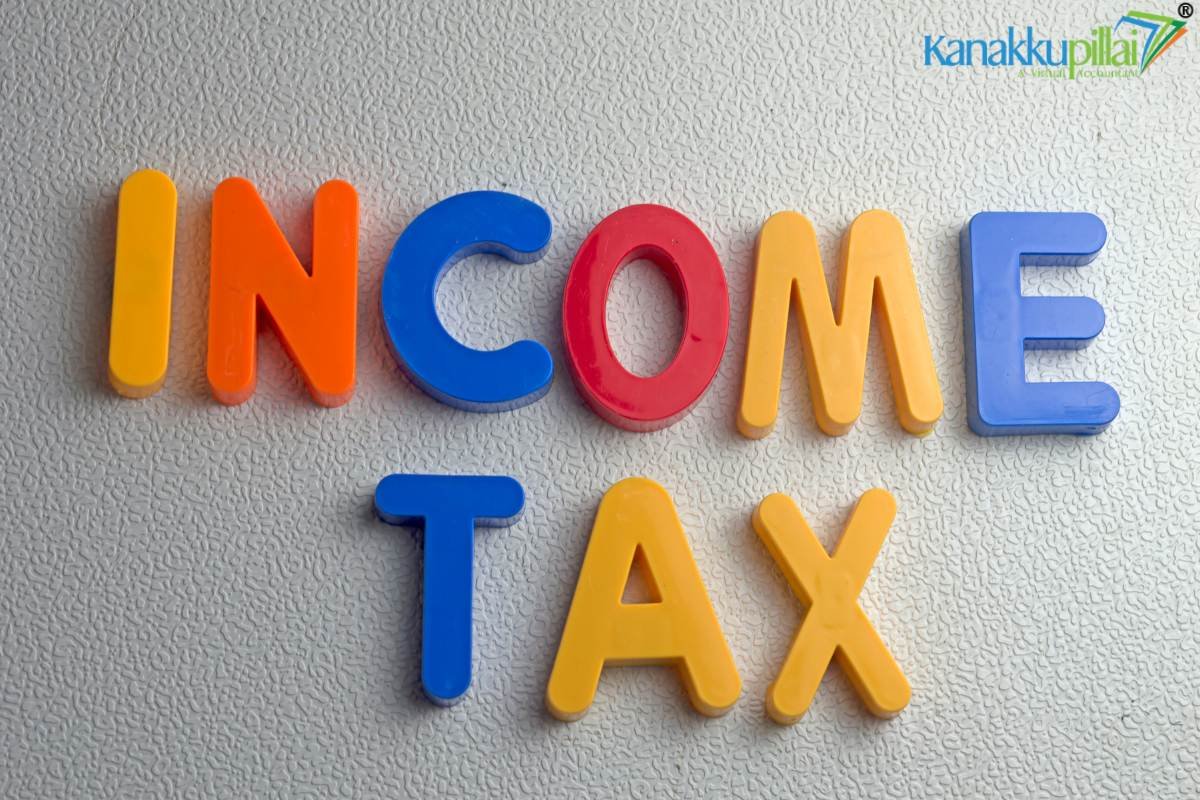Filing your Income Tax Return (ITR) is not just a formality. It is a legal responsibility for every eligible taxpayer in India. The due date for most individual taxpayers to file their ITR is usually July 31st of the assessment year. While many people treat it casually and wait till the last moment—or even miss the deadline—late filing can have several hidden consequences that may cost you more than you think.
This article explains what happens when you miss the ITR deadline and how you can avoid falling into this trap.
What is Income Tax Return Filing?
Income Tax Return Filing is the process of declaring your total income which you have earned during a financial year to the Income Tax Department. It includes the various details of your income, deductions claimed, taxes paid, and any refund you may be eligible for. Timely filing helps ensure that you stay compliant with the law and avoid penalties.
Who Needs to file Income Tax Returns?
Filing your Income Tax Return isn’t just about paying taxes—it’s about securing your financial future!
In India, the income tax structure mandates that every resident with a taxable income above ₹2,50,000 as per old tax regime or ₹3,00,000 as per the new regime, as well as various entities, must file their ITR before the due date.
This Includes
- All the companies incorporated under Companies Act, 1956 and 2013, Sole Proprietorships, Partnership Firms, LLPs,
- Charitable and non-charitable institutions, including trusts and non-profit companies.
You also do need to file your IT returns if
- You run a business or professional your turnover exceeds ₹60 lakh (for businesses) or ₹10 lakh (for professionals),
- You own foreign stocks, property, or have foreign income
- You’ve earned income from stocks, mutual funds, or cryptocurrency, your gains are taxable!
- You deposited more than ₹50 lakh in a savings account
- You spent more than ₹1lakh in a single bill or aggregate on electricity bills.
- You have spent more than Rs 2 lakh on your foreign travel in the year.
Consequences of Filing ITR Late
1. Late Filing Penalty
If you miss the due date, you may have to pay a penalty under Section 234F of the Income Tax Act.
- If your income is above ₹5 lakh, the penalty is ₹5,000.
- If your income is below ₹5 lakh, the penalty is ₹1,000.
This penalty is separate from the tax you owe and must be paid before filing the return.
2. Interest on Tax Due
If you have any unpaid taxes and file your ITR late, you will have to pay interest under Section 234A. This interest is charged at 1% per month (or part of a month) on the amount of unpaid tax from the due date till the date of filing. It increases your tax burden and reduces your savings.
3. Loss of Interest on Refund
If the Income Tax Department owes you a refund and you file your return late, you may lose part of the interest on the refund amount. Filing early helps you get your refund sooner and with full interest.
4. Inability to Carry Forward Losses
Filing your return on time is necessary if you want to carry forward certain losses like business loss, capital loss, or loss under the head “income from other sources.” If you file late, you lose the right to carry this forward, which can affect future tax planning.
5. Legal Consequences
Filing ITR is mandatory if your income exceeds the basic exemption limit. Failing to file can attract notices from the Income Tax Department and even prosecution in extreme cases. While rare, the law allows imprisonment from 3 months to 2 years, along with a fine, if tax evasion is proven.
6. Loan and Visa Issues
Many banks and financial institutions require ITR proofs for processing loans, credit cards, or even for issuing overdraft limits. Similarly, foreign embassies often ask for past ITRs while processing visa applications. Late filing or non-filing can result in rejection or delay of such applications.
How to Avoid Late Filing
1. Mark Your Calendar
Keep track of the due date (generally July 31st) and set reminders. You can also sign up for email alerts from the Income Tax Department.
2. Organize Your Documents Early
Gather Form 16, salary slips, interest certificates, investment proofs, and other relevant documents in advance. Early preparation avoids last-minute stress…!
3. Use Online Platforms
Income Tax Return Filing can be done easily through the official e-filing portal (https://www.incometax.gov.in/) or through reliable third-party websites. These platforms also guide you step-by-step.
4. Consult a Professional
If you have multiple income sources or find tax filing confusing, take the help of a tax consultant or a Chartered Accountant. They can help ensure accurate and timely filing.
5. Pay Advance Tax on Time
If you are a freelancer or have income from sources other than salary, make sure to pay advance tax in instalments. This reduces the risk of interest and penalty later…!
Conclusion
Filing your Income Tax Return on time is more than just a regular or a normal task rather it’s an important part of managing your finances and its records, data. It helps you to avoid unnecessary fines and penalties, and protects your legal rights and keeps your financial records clean and correct…!
By staying conscious and preparing in advance, you can prevent the various hidden consequences of late filing and make your tax journey easier and more convenient.



![[CITYPNG.COM]White Google Play PlayStore Logo – 1500×1500](https://startupnews.fyi/wp-content/uploads/2025/08/CITYPNG.COMWhite-Google-Play-PlayStore-Logo-1500x1500-1-630x630.png)